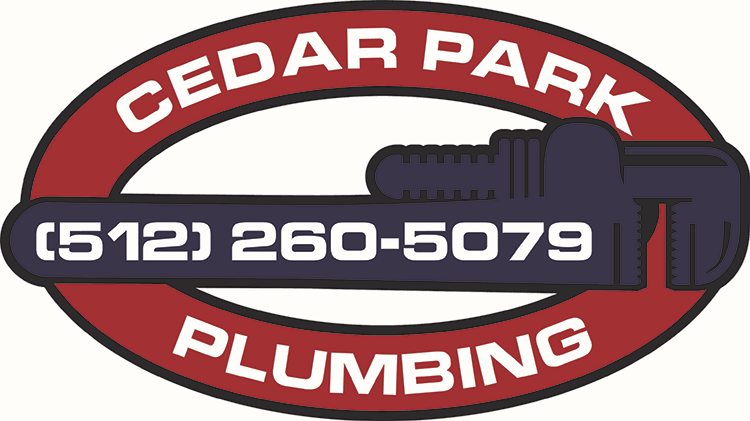When it comes to the health of your plumbing system, understanding the impact of hard water is crucial. Hard water contains high levels of minerals like calcium and magnesium, which can lead to a variety of issues over time. One common concern is how hard water affects PVC pipes, a popular choice for residential plumbing systems. In this blog post, we will explore whether or not hard water can harm PVC pipes and what steps you can take to protect your plumbing.
The Science Behind Hard Water and PVC Interaction
PVC (polyvinyl chloride) pipes are known for their durability and resistance to corrosion, making them a popular choice for plumbing systems. However, hard water can still have an impact on these pipes over time. The minerals in hard water can accumulate inside the pipes, leading to a buildup known as limescale. This buildup can restrict water flow, reduce water pressure, and eventually cause blockages in the pipes. While PVC pipes are less susceptible to limescale compared to metal pipes, they are not completely immune to its effects.
Preventative Measures to Protect Your PVC Pipes from Hard Water Effects
In addition to limescale buildup, hard water can also weaken PVC pipes over time. The minerals in hard water can react with the chemicals used in PVC production, causing the material to become brittle and prone to cracking or breaking. This can result in leaks and potential damage to your property. To prevent this from happening, it’s important to monitor the condition of your PVC pipes regularly and take proactive measures to protect them from the effects of hard water.
Implementing a Water Softening System to Combat Hard Water Issues
One way to combat the impact of hard water on PVC pipes is by installing a water softener system in your home. Water softeners work by removing the minerals that cause hardness in water, preventing limescale buildup and protecting your plumbing system. Regular maintenance of your water softener is essential to ensure it continues to function properly and provide ongoing protection for your PVC pipes.
Regular Inspection and Maintenance: Key to Long-lasting PVC Pipes
Another method for addressing hard water issues with PVC pipes is by using chemical treatments designed specifically for combating limescale buildup. These treatments can help dissolve existing deposits in your pipes and prevent future buildup from occurring. It’s important to follow manufacturer instructions carefully when using these products and consult with a professional plumber if you’re unsure about how to safely apply them.
Conclusion
While PVC pipes are more resistant to the effects of hard water compared to metal pipes, they are not entirely immune to its impact. Limescale buildup and weakening of the material are potential concerns that homeowners should be aware of when dealing with hard water. By taking proactive steps such as installing a water softener system and using chemical treatments when necessary, you can help protect your PVC pipes and extend their lifespan. Regular maintenance and monitoring of your plumbing system are key factors in ensuring its longevity and efficiency. If you suspect that hard water may be affecting your PVC pipes, don’t hesitate to reach out to a professional plumber for guidance on how best to address this issue.

